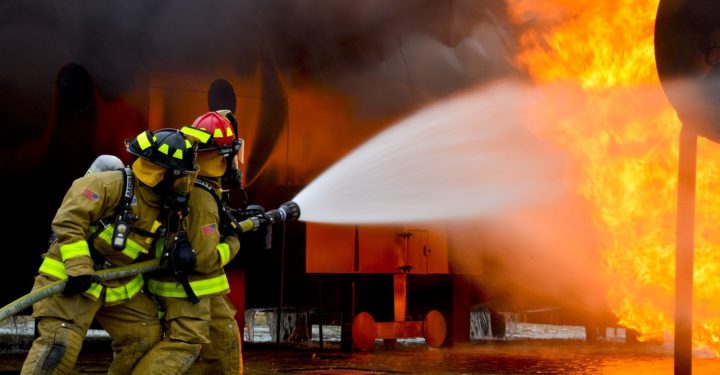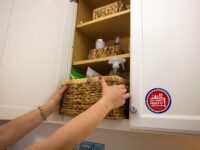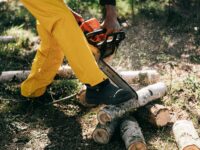The following contribution is from another author.
House fires can be destructive to property and deadly at their worst, and several are caused by inattention or negligence by residents.
While incidents of fires in homes have generally decreased in recent years, it remains paramount to look out for signs of danger in your own home so you can avoid a potentially life-threatening situation.
What are the major fire hazards in the home?
Kitchen fires: Especially if your appliances are gas-powered, fires can break out at any moment if you’re not careful. If grease is not regularly cleared from ovens and hobs, this can also be flammable, causing more dangerous scenarios.
Electrical fires: With electrical outlets throughout any home, the potential for malfunction or misuse poses a large risk. Overloaded extensions, high-output appliances not being switched off properly and unsafe actions around outlets can all lead to fires breaking out.
Preventing kitchen fires
Ensure all gas appliances are properly switched off when not in use and be especially wary of hobs and ovens being activated but not ignited.
Similarly, properly cleaning ovens, hobs and other equipment after use prevents the build-up of grease and grime that can help fires spread quickly if not kept in check.
If flames do emerge while cooking, keep calm – and never splash water on a fire. If oil is present, it will not mix with the water and can quickly move around the kitchen and through the home. Smother any cooking fires with a tea towel or similar to ensure they are extinguished quickly and safely.
Preventing electrical fires
Products that emit heat like hair straighteners and hairdryers can often cause fires in the home by burning carpets and furnishings, but electrical fires can also start if they and other devices are crammed onto extension cords, potentially creating surges in electricity.
The safest way to plug in your devices is to only use one plug in one device and not use extension cords.
Also, don’t leave things to chance. Turn devices and appliances off at the wall when not in use and you almost entirely decrease the chances of malfunction.
More top tips
Regularly check your wiring: It’s advised to get qualified electricians in for this. They will use equipment such as multifunction testers to ensure your home is safe.
Install fire doors: If the worst comes and a fire does break out, you will have more time to escape safely if fire doors are present in your home. Their design limits the spread of fire compared to other doors, which can be consumed by flames.
Get proper alarms: Search for alarm systems that detect smoke and sudden rises in temperature. These devices are more likely to raise the alarm in the event of different types of fire breaking out.

















It also makes sense to use Fire Guard circuit breakers for fire safety. A standard circuit breaker trips when it gets too warm. A Fire Guard breaker’s job is to shut the entire circuit down as soon as it detects bad arcing that can cause electrical fires so that it can prevent danger before it can occur. Amazingly, Fire Guard breakers prevent 99% of electrical fires on protected circuits.